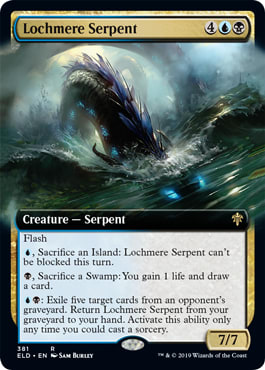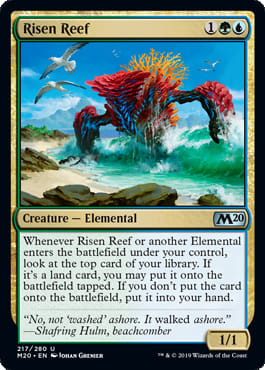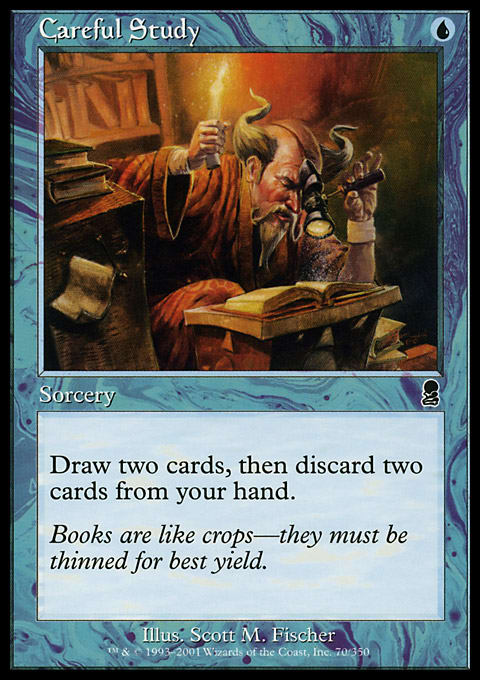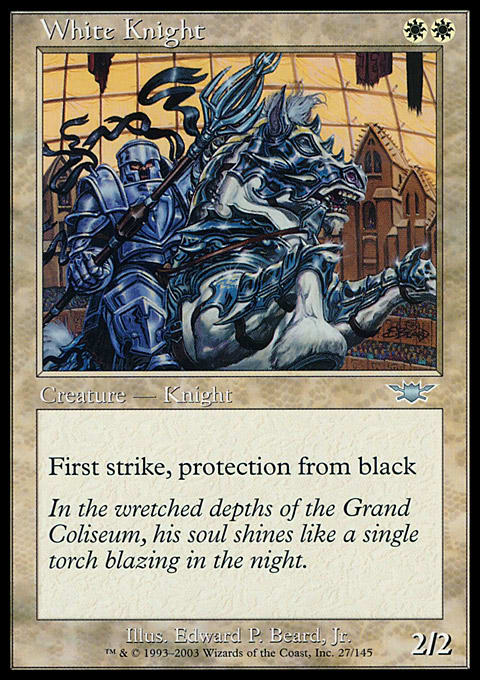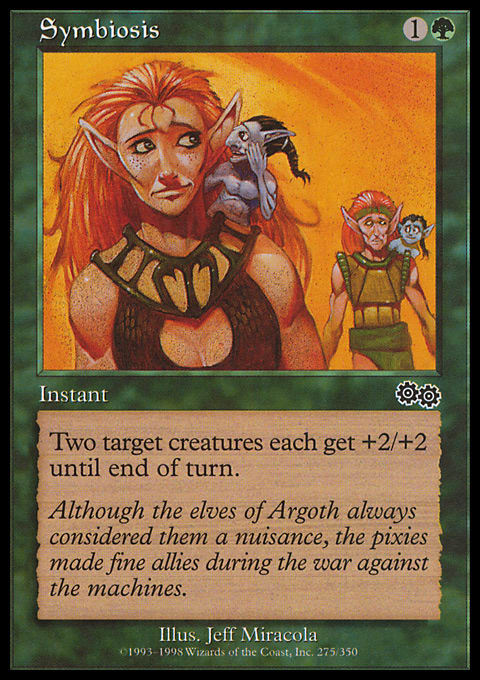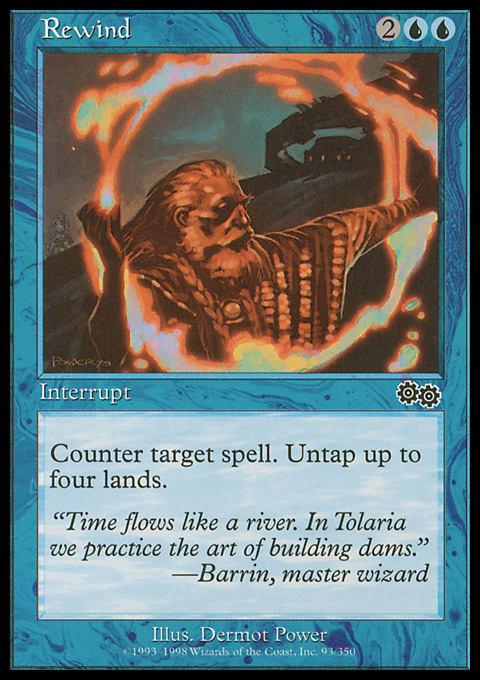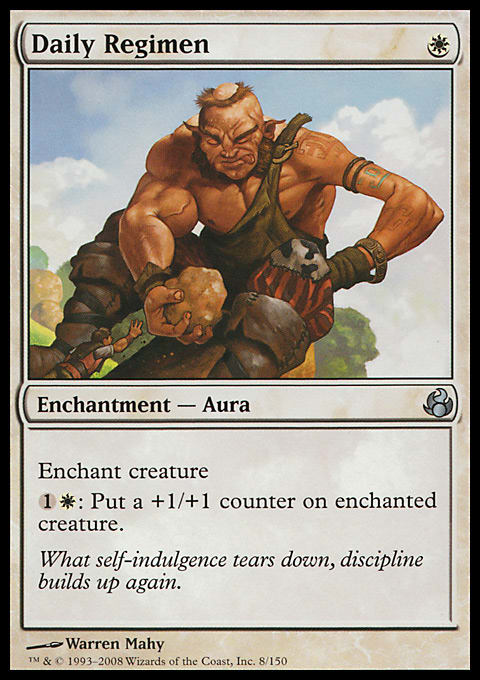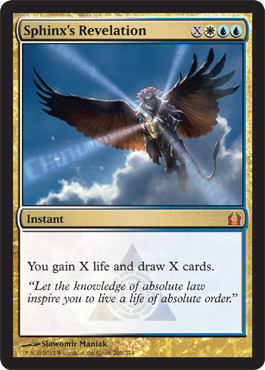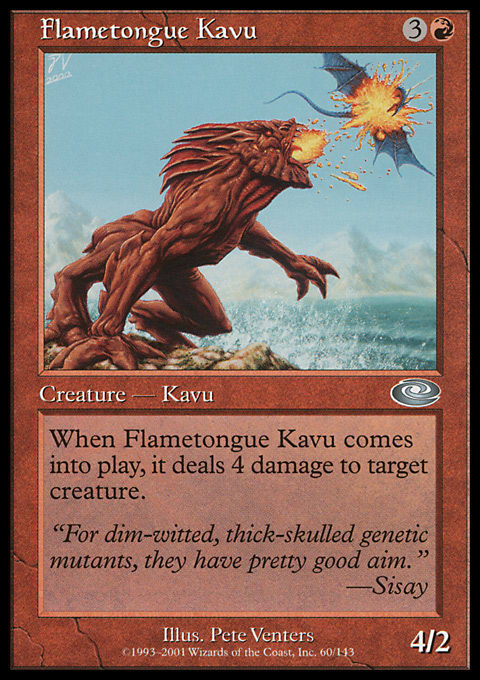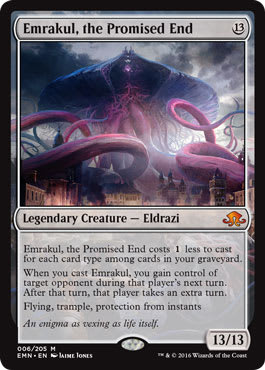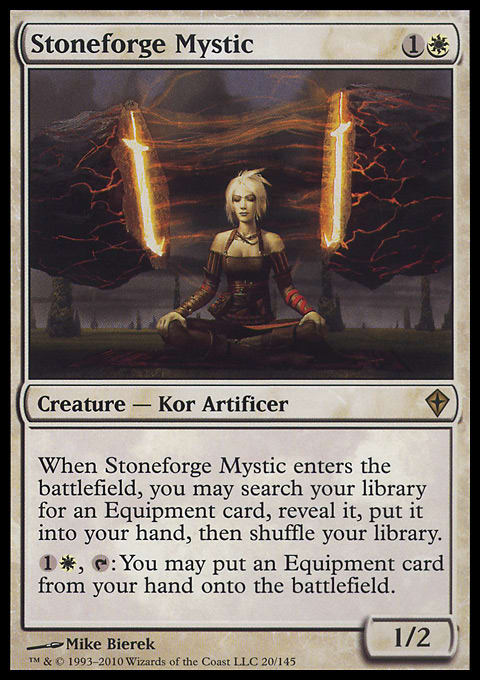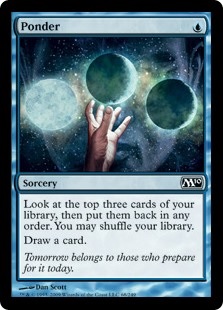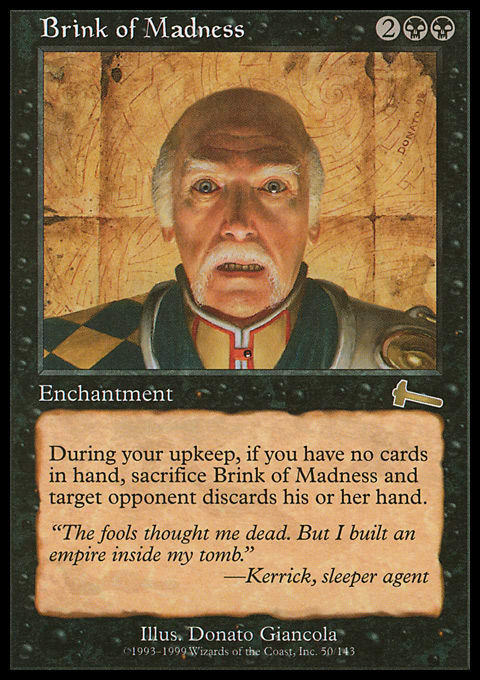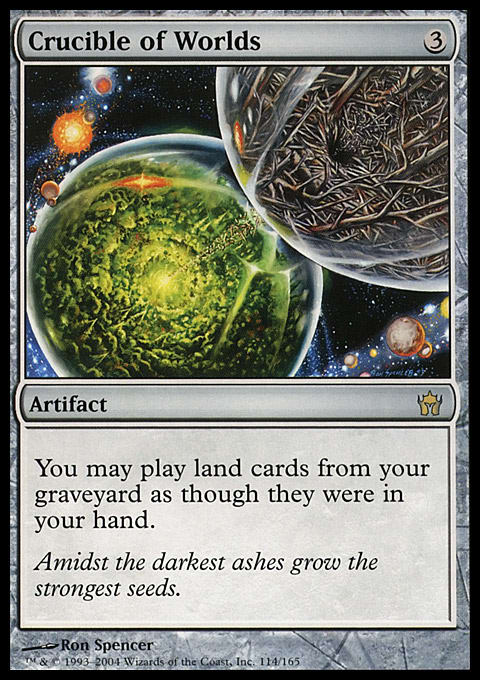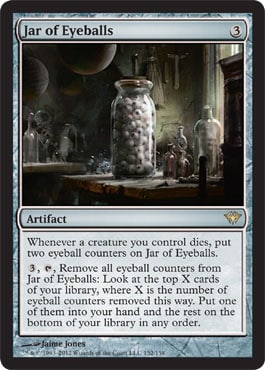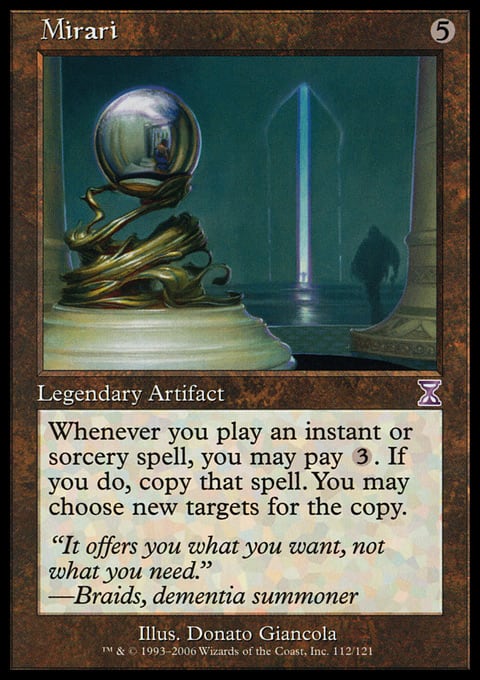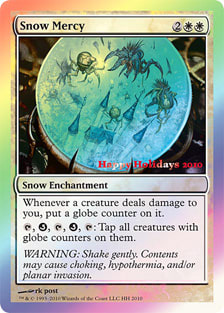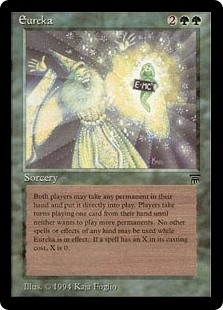Prologue
Recently, my CoolStuffInc colleague Frank Lepore wrote an article entitled Has Standard Lost Its Luster? While I was eager to take a closer look at his perspective and formulate a response, something else came up: Theros Beyond Death. My trilogy from last week put me into the work of investigating current Standard events, somewhat ironically, I suppose - where I tend to be a little less excitable - rather than neck-deep in the warm, revelatory waters of my Magic theory labors.
Mmm. Theory.
Thanks to Frank's piece, that's where we get to go back to going today! Cheer or boo appropriately.
Note my indifference. I love working on Magic theory. I need only an excuse.
Statement of Purpose
I've had friendly critiques with other colleagues before, but something is significantly different this time. For instance, in this article, I pushed back against some of Jim Davis's ideas regarding how planeswalkers are being treated in current design. While you can take pretty much either perspective based on the evidence you value one way or another in these passive but interesting conjectures with Jim, they pale in comparison to some of the things I'm going to focus on with Frank's piece today.
I think Frank's point of view represents a significant majority of the Standard player base of the present, but I also think there are flaws in the logic that led them to their conclusions, and it may be enough of a sentiment, however incorrect, to damage Magic's future in some consequential way. So unlike the more, let's say... benign issues that I responded to Jim Davis about, I think this is a discussion of more significance in inherently important ways. I hope this becomes more clear as we proceed.
It may be useful for you to keep Frank's article open for reference and/or convenience; here's the link a final time before we get into correcting misconceptions for the good of Magic once again.
Come along, but bring a helmet.
Cards on the Table Biases and Final Assurances
In this strange time, for reasons equally heartbreaking and obvious, I like to lay out inherent biases or possible hidden connections that may not be otherwise known that would force speculation from bored people. I wrote about this kind of thing a bit in here.
In other words, I do have a previous relationship with Frank Lepore. Gasp!
Sort of. Not really.
I negotiated the terms of his Pro Top 8 report four or five years ago. I recall the exchanges with him being very pleasant and otherwise unremarkable. This concludes the entirety of any bias I would have toward him directly. Also from what I gather, we're both on the same writing team. Go squad.
An all-out grudge match built up from years of hidden plans and anger would be an excellent draw I'm sure, but sadly, we have to settle for what I hope is a respectful and sympathetic response to Frank's current experience of playing Standard.
The way this works is, I'm really not even talking to Frank here, because again, I think he represents a lot of players.
Fortunately, it doesn't have to be this way.
I hope I can help.
A Conflict Emerges: Dennis Strikes Back!
Good old Dennis. My pal. My confidant.
I can always count on Dennis to humor my philosophical musings. He doesn't just indulge me; he listens. He trusts what I'm saying to be potentially important, and whether or not he's ever right, I appreciate the faith and the confidence that something I say could give him a potential opportunity for learning that he is delighted to reciprocate.
Rewind to last July. I was back in my old hometown, driving by familiar sign posts, ghosts, and looking out windows in houses, in cars, when I stumbled upon some wonderful philosophy I quite liked - philosophy I have endorsed since - courtesy of some happenstance hyperlinks. It was a philosophy studying important life questions of creativity, agency, and joy; you know, the things that make the human experience worthwhile or distinctive at all.
You know: Fun. It's what people started hunting for, once they didn't have to hunt for food as much anymore. Our ancient dead kin searched for food; we search for something to occupy our minds while we wait for someone to bring it to us.
As far as I can tell, a lot of the ideas with this Fun theory are sort of new, and they're being pioneered by a young Oxford rationalist named Lulie Tannett. A lot of it is a work in progress - what isn't? - because she's early on in her academic career, but it has attracted significant attention from some renowned thinkers (though we should note that when you're at Oxford the famous thinkers are often down the hallway - if you go past the vending machines, you've gone too far).
This is probably the fastest way to the spirit of the perspective, direct from Lulie, herself:
'Self discipline' is a patch for being conflicted about what you want to do.
— Lulie (@reasonisfun) October 4, 2018
Often, productive people are interpreted as 'having discipline': able to force themselves to do the work even when it's unpleasant.
But creative productivity only ever works in *spite* of that.
This is where Dennis comes in.
See, he's not just "in shape" or "fit" or whatever, right; he's jacked.
He spends a lot of time in the gym. And by a lot of time, I mean weekly schedules that go into the time frame of years. He does programs from which he does not deviate.
See the contradiction here? If Dennis always adhered to Lulie's idea that you shouldn't do things that aren't fun, Dennis wouldn't have experienced the "greater fun" of investment in an activity that is initially painful and difficult but that rewards that investment with greater health, strength, and belief in one's self.
We considered these points and reached a sort of stalemate. Later on the same year, Lulie's theories were clarified, and we met on this common ground:
The "greater fun" is always the winner, even if there are incremental steps toward that fun that are not fun.
Working out is just one example. Parenthood (in most cases) is probably the most accessible and common situation to our everyday experience that lines up with this more polished version of simplified Fun theory. The pregnancy term is very physically and mentally trying, and the process of actual labor and delivery is excruciating. Then once the child is born and needs things, man, that's when things really get involved...
But...
If having a child is a "greater fun" than the unpleasant parts, it wins out.
Most fun wins. Got it? Cool.
With our viewpoints converging into a coherent, supportable philosophy, we return to the present and Frank Lepore's article.
The True Value of Value
Frank begins by asking, "Has Standard Lost Its Luster?"
The shortest answer is...
Probably?
But it's a little more interesting than that, and plus, that isn't very useful going forward. I'm not one to point the finger at anyone calling out a problem without a solution. After all, the plumber doesn't blame me for identifying a problem and not being able to fix it myself.
Let's comb Frank's work and take things in chronologically, as he's written his viewpoint in a smooth and accessible way.
The first paragraph has a few things I'd recommend disagreeing with, assuming you take this structure to heart, but the take-home point is potentially correct; that is, that there's too great a disparity between the most competitive cards in Standard and all the rest. I'm not convinced there are less "good cards" than there have ever been, but it is possible that more and better data among players with better communication channels have created increasing numbers of Standard formats where the top of the metagame's cards are demonstrably too slim. Fair enough.
At any rate, the first header:
"Every card is Sphinx's Revelation."
It's hard to illustrate the amount of sweeping leaps someone has to do to take literally any two-for-one and lump it into the same experience as with a really specific instant spell from nearly a decade ago, but uh, sure, I'll play along. (Hardcores will spot this as an obvious example of Characterization Intuition.)
There's a cherry-picked categorical list from a nostalgic format that I don't think represents the reality of anything we can stand on, but I did like that format, so I'll concede the point out of both indifference and outright fandom. Hail Thragtusk.
But more to the point, let's say you hate Sphinx's Revelation, God-Eternal Oketra, Eternal Witness, and all the rest - any two-for-one that's ever made you feel behind unjustly or has insisted upon some effect that bored you too fast.
What's the alternative, exactly?
This was a big time game-changer in how to understand competitive Magic cards. This card is from aeons ago.
The simple logic looks like this when it comes to the reality of two-for-ones in Magic: a.) we can have lots of cards that are two-for-ones. b.) we can have one or very few cards that are two-for-ones. c.) we can have zero cards that are two-for-ones. No other situation exists but these three, so we must select one of them.
We're currently in Situation A, as Frank correctly points out. Let's look at the other two:
In Situation B, the one "Flametongue Kavu" of the environment runs roughshod and warps the entire metagame around its clear place at the top of the format. In Situation C, nobody would buy Magic packs anymore because the game has so outgrown Juzam Djinn being a real card or any part of play patterns worth preserving that there's nothing to entice the advanced and evolved minds that think about and play Magic now to bother. We can't show the world The Last of Us and then expect them to be okay going back to playing Pong.
By sheer tyranny of logic, the only way to make the game as hard and interesting as we need it to be now is for cards to tangle in a heap of value exchanges and for the best players to learn to navigate these spaghetti plates of decision trees. This is a necessary evolution across every facet of the game. There's absolutely no way to suppress this, and we should not mourn that we can't.
Toward the end of this section of the article, just above the "Too Many Engines" heading, Frank sounds off on Wicked Wolf and other likewise pain-in-the-ass "sticky" creatures. I'll come back to this very soon, but let's summarize this section briefly before we head to the next bit.
"Too Many Engines."
I could just jump for the low hanging fruit here and say that combo-oriented players have been waiting to have something Standard-relevant for what feels like a century now. Any time there was some heavy combo element to a solid Standard strategy it turned out to be a complete annoying accident with zero nuance or deck-building appeal. Bans have been involved at times.
I'll try to go a tad deeper and do the problem some richer service besides "let combo people play Standard for once." You expect more from me.
Since we're talking about combo engines, like Cauldron Familiar and Witch's Oven presumably, and we just touched on Wicked Wolf, let's talk about another Throne of Eldraine card:
In all my years drafting various formats, I've never seen a card that players so poorly approached on a continual basis than Revenge of Ravens. No matter how many weeks went by, no matter what the game state, players would adopt some bad axiom about life gain or something and then the problem would just spiral out of control for them from there. They would inevitably just send any creature with over 1 power into the trigger zone because they were tunnel visioned about previous Magic cards because of bad intuitions or the wrong lessons learned in error correction in previous games, or I don't know, maybe the school systems just suck where they grew up. The point is, they'd blame the card because they were misinterpreting how it worked or what it was trying to tell them to do during the Magic game.
I think there's some of that going on here.
Some of the very combo engines in the format that people are "annoyed with" are the same ones that make the resilience of a threat like Wicked Wolf totally irrelevant. You can't kill Wicked Wolf? Why do you have to? It'd be a problem in other Standards, but this one is loaded with combo engines that make the game about things other than Wicked Wolf attacking and hanging around.
That being said, you know what?
This is a format that's about more things than it's being given credit for, but...
It's not like Standard has given players lots of reasons to give it the benefit of the doubt over the last several years. No, I think this is about two much bigger problems than just cards that annoy Frank and the Magic audience that feels the way he does right now, and I think they're both bigger problems than how any of the cards are designed at all.
Here's the first one:
The Metametagame
If you look really close, and I mean like, closer than most people will ever really pay attention to anything, you can see these little trends, right.
I don't mean trends in culture or within a given field of study - I mean, trends in existence itself.
Whoa, Whoa. Calm down. Here. Let me show you. Check this out real quick:
What's the similarity?
Here's a hint: Everyone reading this has a skull and at least one eye, presumably. Some of you may even have testicles.
That's right! Existence itself, via virtue of the hard wall of fact, is into spheres. Bug's heads and Jupiter are more or less the same shape. That's quite a range.
There's a cyclical proliferation to this type of thing. It's why nerve dendrites sort of look like tree limbs. It's why music instruments, like guitars and banjos, are constructed with the higher pitches taking place up the neck, the way an icicle or a stalactite gets more pointy the further away from its base you go.
Resilient systems tend to establish themselves and then proliferate.
What does this have to do with Standard?
Each year we have a rotation. Every few months we have a new set. We get card previews in the form of little "subseasons" of spoilers. We get the cards, we share information, we solve the formats, we get bored. Then we go again. Again. Again.
Do you see what's happening here?
We aren't just solving Standard as a format anymore; we're working toward solving it as a concept.
The biggest setback might have been the experimental period for which there were more frequent rotations. The experiment appears to have failed, but it would be tunnel vision to the point of absurdity to not mess with the increasingly tired structure in some way on the basis of just that period. After all, there's no telling if the experiment actually mitigated other problems that we have no way of being aware of, but the more time that goes by, the more I think that's heavily likely.
Regardless, the only way out of a solved puzzle is here: You have to burst that insularity bubble. Otherwise more and more people are going to feel the way Frank does.
But, truthfully, honest to goodness, I think that's the lesser of the two biggest problems hiding in the deep margins here. It's time to talk about the other one, and it has very, very little to do with Magic. It's about you. Us. Whoever.
It's about Lulie Tannett.
Fun
'Fun' in the technical sense used here is "when explicit and inexplicit ideas agree on what to do next"--i.e. when there isn't internal conflict, or one part of you coercing another part.
— Lulie (@reasonisfun) December 28, 2019
So, it's the law that ideas can only validly be judged by merit rather than authority/force.
If you're not enjoying Magic, you don't have to play it. That's okay. No one should be unhappy playing Magic anymore than they should be unhappy doing a job every day. That's somebody's life. That's a tragedy.
But a bigger tragedy would be to be so dedicated to one way of thinking and validating Magic and yourself within it that you think you don't want to play Magic; really you just don't want to play Standard.
Nobody should be playing Standard, or any other format, when they're not having natural, creative, intrinsic fun doing so. It's perfectly fine.
It's WotC's job to provide formats that bring us fun and to alter the course when it seems like things aren't going as well as they could be. It's our job to not be so into previous ways of thinking that we can't enjoy Magic as it is and can be, rather than what we've just told ourselves it is based on rote experiences.
Formats are going to suck sometimes. Magic never will.
??
— Lulie (@reasonisfun) December 15, 2019
Whenever one has a chronic complaint -- about anything -- that's a big warning sign there's something wrong!
Life doesn't have to be a series of complaints. pic.twitter.com/H0J8Y4llTg
(~_^)
The Rascal
The Indestructible Danny West

















